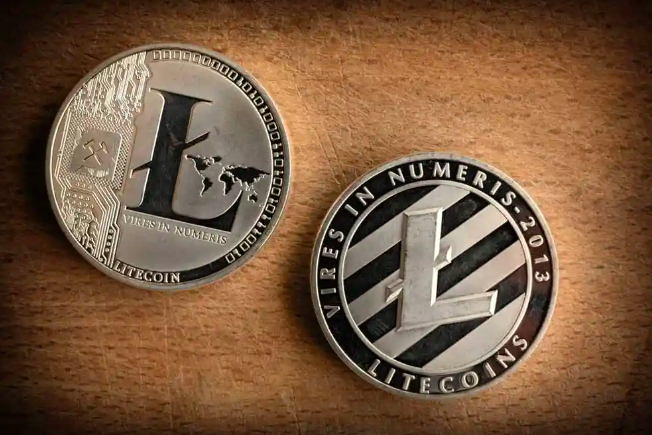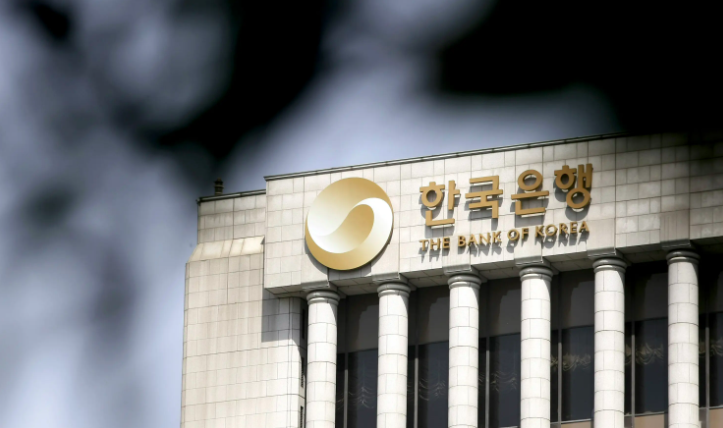Could Japanese Regulatory Change Provide New Boost for Crypto?

Regulations governing crypto could be set for a change – with the sector’s governing body preparing to reform laws that pertain to stablecoins and security tokens. Trust banks could also be given the power to handle crypto, as is already the case in the United States.
Per the Japanese media outlet CoinPost, the Financial Services Agency (the nation’s top financial regulator) has released a new series of financial administration policy recommendations. The document makes multiple mentions of crypto-related matters.
The new recommendations speak of crypto in a much more positive tone than has recently been the case. The agency claims that in order to help usher in a “digital society,” it will “promote the development of an environment” where “digital money and cryptocurrency” can thrive “in order to promote the development of Web3 and the metaverse from a financial perspective.”
The agency wants to classify stablecoins into two legally recognized categories – namely “digital money-like” coins and “cryptoasset-like” tokens.
The first category, the agency wrote, would refer to tokens issued by banks and similar companies.
In addition, the agency wants to streamline the system that self-regulatory bodies use when screening coins for listing on crypto exchanges and “develop a system” that lets trust banks perform crypto custody operations.
Furthermore, the agency wrote of the need to create a “private trading system” for security tokens – with many Japanese firms eager to launch trading platforms for these coins.
Regulatory Change – Could it Spark Crypto Growth in Japan?
The changes come as the Japanese government pivots toward a pro-industry stance. As previously reported, Prime Minister Fumio Kishida has spoken in glowing terms about Web3, the metaverse, and non-fungible tokens (NFTs), all of which he thinks have the power to spur on the Japanese economy.
Kishida has also spoken about his intention to reform the laws governing the way crypto is taxed in Japan – particularly in the case of companies who issue cryptoassets.
Critics have claimed that there is currently a brain (and capital) drain in the Japanese crypto sector, with many firms looking to move overseas to less tightly regulated nations. Kishida would prefer to reverse this. Historically, the government has been active in the tech sector, which it has subsidized heavily in many instances.
With rules governing the range of tokens listed on crypto exchanges now also being relaxed, the stage may well be set for a Japanese crypto revival.
This article is authorized for publication, and unless the source is indicated, it is submitted by users and does not represent the position of our website. If the content involves investment suggestions, it is for reference only and not as an investment basis.







